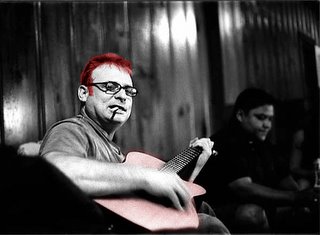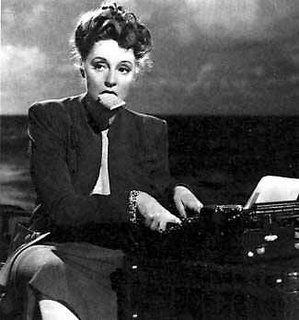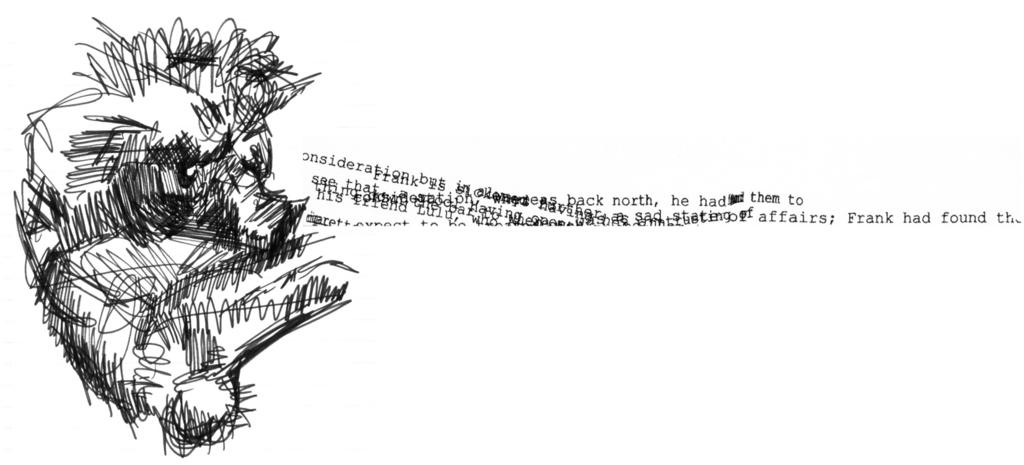 The Bird with Crystal Plumage (1969)
There are horses on the island of Vieques. Many more horses than there are fences.
The Bird with Crystal Plumage (1969)
There are horses on the island of Vieques. Many more horses than there are fences.
 It is rumored that the dense equine population originated as cavalry horses, abandoned by the US military after WWI, multiplying and overtaking the beaches through the years as occasional companions, pets or nuisances to both the servicemen stationed in Camp Garcia and the inhabitants of Isabella II and Esperanza, the two villages on the island. Sailors and marines, living in tents around the slopes of Mt. Pirata could all claim a horse to get around on while stationed on the island. According to the common law of the island, one owns a horse after seven days of possession. That is, if a horse were to wander on to your property local custom would have it legal yours should you feed and stable it for a week.
It is rumored that the dense equine population originated as cavalry horses, abandoned by the US military after WWI, multiplying and overtaking the beaches through the years as occasional companions, pets or nuisances to both the servicemen stationed in Camp Garcia and the inhabitants of Isabella II and Esperanza, the two villages on the island. Sailors and marines, living in tents around the slopes of Mt. Pirata could all claim a horse to get around on while stationed on the island. According to the common law of the island, one owns a horse after seven days of possession. That is, if a horse were to wander on to your property local custom would have it legal yours should you feed and stable it for a week.
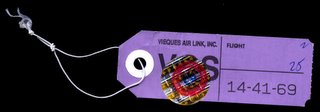 But, of course, that never happens. Often you may wind up taking care of your neighbor’s horse for six days or so, doing all the work, combing its mane, pitching it hay, feeding it carrots. Then on the seventh day its rightful owner will come looking for his horse.
But, of course, that never happens. Often you may wind up taking care of your neighbor’s horse for six days or so, doing all the work, combing its mane, pitching it hay, feeding it carrots. Then on the seventh day its rightful owner will come looking for his horse. 
Regrettably, even a hop off of Puerto Rico, seven miles to Vieques (literally the smaller greater island paradise hidden behind the first) on a rickety Cessna Grand Caravan coupled with poor cell reception are not enough to keep reality from sneaking in. Frank spots his phone whirring on the bar and relinquishes his 3-Star Barriltio and leaves Pasillo de Mufungo, his greatest regret being paying $1.90 for ice. In calling back the number, he finally gets a response as he paces the beach along Mosquito Bay and admires the profound bioluminescence. 
It is an old flame from Worchester, Mass. She says that she just wanted to tell him that she got pregnant. There is silence on the line and Frank cannot tell if she wants him to be happy or sad; she has had bouts with ovarian cancer and had not been expected to be able to conceive. Frank tells her simply that he is glad for her if that was something she is trying do and that his thoughts are with her in any case. He shrugs hangs up and swipes a coconut off a nearby palm.
Two swipes with the machete and the top is off. He fills it with Apple Ginseng-Up and a bottle of cañita he’d picked up outside La Tienda Verde. Unfortunately, it doesn’t fit into the cup holder in the Honda Element. Damnable rental car!
 And, oh. By the way, on the DVD-frontlines: Dario Argento may a few arguable classic films under his belt, such as Suspiria (1977). However, his first film L’Uccello Dalle Piume di Cristallo (The Bird with Crystal Plumage aka The Gallery Murders; 1969) is certainly not one of them. But it is out on DVD (25 October 05) on Blue Underground. Moreover, it is the first in Argento’s overdrawn oeuvre. Typical of his work, the story starts with a writer witnessing a (an attempted) murder. He decides to investigate the related series of murders himself. Paintings are important cues. The people around him start dying…
And, oh. By the way, on the DVD-frontlines: Dario Argento may a few arguable classic films under his belt, such as Suspiria (1977). However, his first film L’Uccello Dalle Piume di Cristallo (The Bird with Crystal Plumage aka The Gallery Murders; 1969) is certainly not one of them. But it is out on DVD (25 October 05) on Blue Underground. Moreover, it is the first in Argento’s overdrawn oeuvre. Typical of his work, the story starts with a writer witnessing a (an attempted) murder. He decides to investigate the related series of murders himself. Paintings are important cues. The people around him start dying…
 To watch the same movie with slightly better casting (e.g. David Hemmings, Blow-up [Antonini 1966]), cinematography, and scares one would better seek out Argento’s 1975 effort, Profundo Rosso (Deep Red).
To watch the same movie with slightly better casting (e.g. David Hemmings, Blow-up [Antonini 1966]), cinematography, and scares one would better seek out Argento’s 1975 effort, Profundo Rosso (Deep Red).
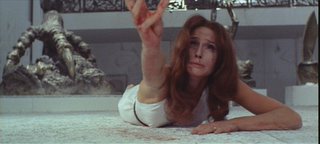
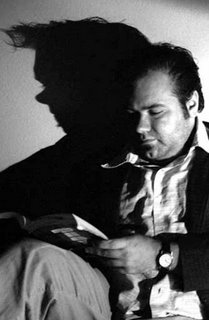
 But with nothing of consequence on his mind save packing for his trip, Frank had been staying up watching horror films; the idea was that shock and fright, for lack of anything else, were at least things to feel. Unfortunately, the last, Un Sussurro nel Buio or A Whisper in the Dark (Aliprandi 1976) was neither shocking nor frightening. For one of “classic Italian gothic” pieces from the early 1970s, the film is really pretty poor and rife with cliché, bad dialogue and untenable plot points. It’s out on DVD in time for Halloween (27 September on NoShame Films), but don’t rush out.
The film centers on a creepy little blonde (Italian?) kid, Martino, and his imaginary friend, Luca. The imaginary friend demands the attention of his whole family. When ignored Luca the Ghost Kid makes it rain or puts frogs in the bathtub or encourages little Martino to push people off window ledges. And, oh yeah. Luca might be the spirit of Martino’s stillborn brother. And Mom feels pretty guilty ‘bout that. That’s your basic movie; just throw in some kinda creepy but repetitive dollies around the family’s estate grounds and behind bookcases and staircase banisters, some gratuitous nudity and Joseph Cotton (Citizen Kane; Welles, 1941) in an extensive cameo as the Professor looking in on Martino. What the hell Cotton was thinking is a moot point. It is more than balanced out by John Phillip Law as Martino’s father—you probably know him best as the angel from Barbarella (Vadim 1968).
To boot, not only is the dubbing on Whisper very poor, the subtitles are almost comically disparate from the actual dialogue. If you do watch the film, play a game and try to guess which set of dialogue is sillier.
But with nothing of consequence on his mind save packing for his trip, Frank had been staying up watching horror films; the idea was that shock and fright, for lack of anything else, were at least things to feel. Unfortunately, the last, Un Sussurro nel Buio or A Whisper in the Dark (Aliprandi 1976) was neither shocking nor frightening. For one of “classic Italian gothic” pieces from the early 1970s, the film is really pretty poor and rife with cliché, bad dialogue and untenable plot points. It’s out on DVD in time for Halloween (27 September on NoShame Films), but don’t rush out.
The film centers on a creepy little blonde (Italian?) kid, Martino, and his imaginary friend, Luca. The imaginary friend demands the attention of his whole family. When ignored Luca the Ghost Kid makes it rain or puts frogs in the bathtub or encourages little Martino to push people off window ledges. And, oh yeah. Luca might be the spirit of Martino’s stillborn brother. And Mom feels pretty guilty ‘bout that. That’s your basic movie; just throw in some kinda creepy but repetitive dollies around the family’s estate grounds and behind bookcases and staircase banisters, some gratuitous nudity and Joseph Cotton (Citizen Kane; Welles, 1941) in an extensive cameo as the Professor looking in on Martino. What the hell Cotton was thinking is a moot point. It is more than balanced out by John Phillip Law as Martino’s father—you probably know him best as the angel from Barbarella (Vadim 1968).
To boot, not only is the dubbing on Whisper very poor, the subtitles are almost comically disparate from the actual dialogue. If you do watch the film, play a game and try to guess which set of dialogue is sillier.

